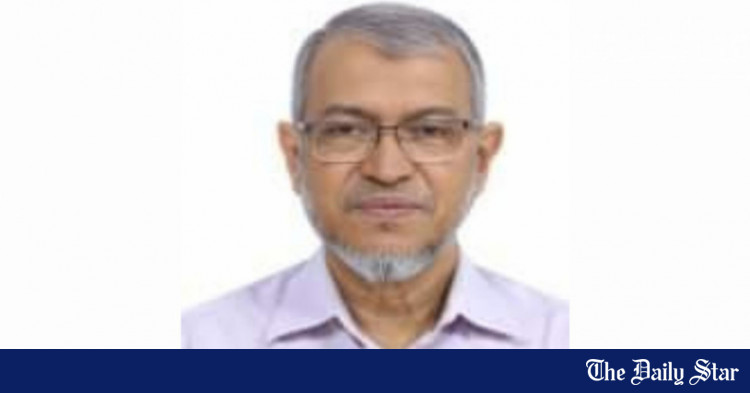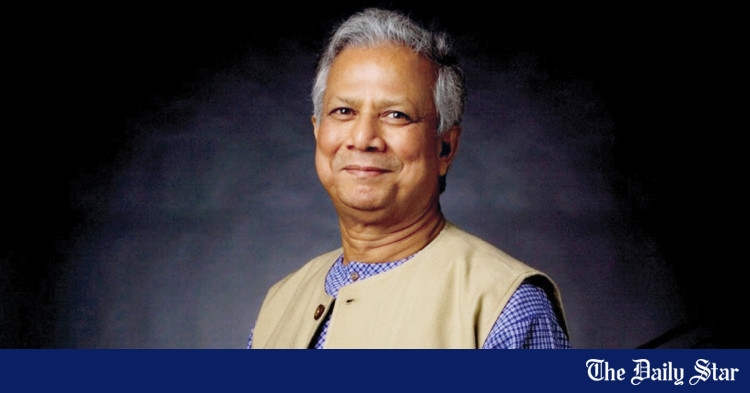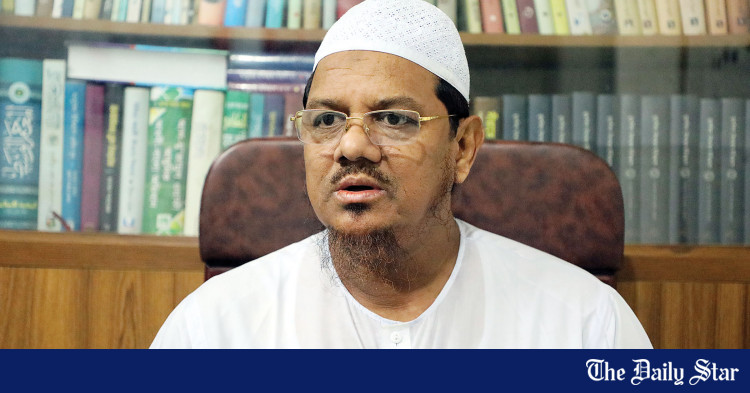Saif
Senior Member
- Messages
- 17,482
- Likes
- 8,438
- Nation

- Residence

- Axis Group

Date of Event:
Oct 30, 2024
Justice Zubayer Rahman Chowdhury to head EC search committee

Clockwise from left: Justice Zubayer Rahman Chowdhury, Justice AKM Asaduzzaman, Prof CR Abrar, Prof Zinnatunnesa Tahmida Begum, Prof Mobasser Monem and Md Nurul Islam.
The government has formed a six-member search committee, chaired by Appellate Division Justice Zubayer Rahman Chowdhury, to select eligible candidates for a new Election Commission (EC).
The committee will recommend two candidates for each position, including the chief election commissioner and other election commissioners.
According to government sources, the committee will include Justice AKM Asaduzzaman from the High Court Division, nominated by the chief justice, and two distinguished citizens appointed by the president.
These individuals are former PSC Chairman Professor Zinnatunnesa Tahmida Begum and retired Dhaka University professor CR Abrar. Additionally, under the law, Comptroller and Auditor General of Bangladesh Md Nurul Islam and the Chairman of the Public Service Commission (PSC), Mobassher Monem, will serve as ex-officio members.
Speaking on the matter at the secretariat earlier today, Law Adviser Asif Nazrul stated that the process for the upcoming 13th National Parliamentary Election has begun. He mentioned that a search committee is being formed to constitute the Election Commission. An official notification will soon be issued after being signed by Chief Adviser Prof Muhammad Yunus.
The law adviser noted that there are numerous questions about the voter list, describing previous elections as fraudulent. This time, the voter list will be updated to ensure transparency.
The Awami League government was ousted on August 5 following a student-led uprising, and on the following day, President Mohammed Sahabuddin dissolved the 12th Parliament. On August 8, an interim government led by Yunus was established.
On September 5, the Election Commission, led by Kazi Habibul Awal, resigned before the end of its term. This commission had been sworn in on February 27, 2022.
The law for the appointment of the chief election commissioner and other election commissioners specifies that a six-member search committee will be formed by the president to establish the Election Commission.
This committee is to include an Appellate Division judge nominated by the chief justice (who will serve as committee chair), a High Court Division judge nominated by the chief justice, the comptroller and auditor general, the chairman of the Public Service Commission (PSC), and two distinguished citizens appointed by the president, one of whom must be a woman.
According to the law, the search committee must provide its recommendations to the president within 15 working days.
Clockwise from left: Justice Zubayer Rahman Chowdhury, Justice AKM Asaduzzaman, Prof CR Abrar, Prof Zinnatunnesa Tahmida Begum, Prof Mobasser Monem and Md Nurul Islam.
The government has formed a six-member search committee, chaired by Appellate Division Justice Zubayer Rahman Chowdhury, to select eligible candidates for a new Election Commission (EC).
The committee will recommend two candidates for each position, including the chief election commissioner and other election commissioners.
According to government sources, the committee will include Justice AKM Asaduzzaman from the High Court Division, nominated by the chief justice, and two distinguished citizens appointed by the president.
These individuals are former PSC Chairman Professor Zinnatunnesa Tahmida Begum and retired Dhaka University professor CR Abrar. Additionally, under the law, Comptroller and Auditor General of Bangladesh Md Nurul Islam and the Chairman of the Public Service Commission (PSC), Mobassher Monem, will serve as ex-officio members.
Speaking on the matter at the secretariat earlier today, Law Adviser Asif Nazrul stated that the process for the upcoming 13th National Parliamentary Election has begun. He mentioned that a search committee is being formed to constitute the Election Commission. An official notification will soon be issued after being signed by Chief Adviser Prof Muhammad Yunus.
The law adviser noted that there are numerous questions about the voter list, describing previous elections as fraudulent. This time, the voter list will be updated to ensure transparency.
The Awami League government was ousted on August 5 following a student-led uprising, and on the following day, President Mohammed Sahabuddin dissolved the 12th Parliament. On August 8, an interim government led by Yunus was established.
On September 5, the Election Commission, led by Kazi Habibul Awal, resigned before the end of its term. This commission had been sworn in on February 27, 2022.
The law for the appointment of the chief election commissioner and other election commissioners specifies that a six-member search committee will be formed by the president to establish the Election Commission.
This committee is to include an Appellate Division judge nominated by the chief justice (who will serve as committee chair), a High Court Division judge nominated by the chief justice, the comptroller and auditor general, the chairman of the Public Service Commission (PSC), and two distinguished citizens appointed by the president, one of whom must be a woman.
According to the law, the search committee must provide its recommendations to the president within 15 working days.







